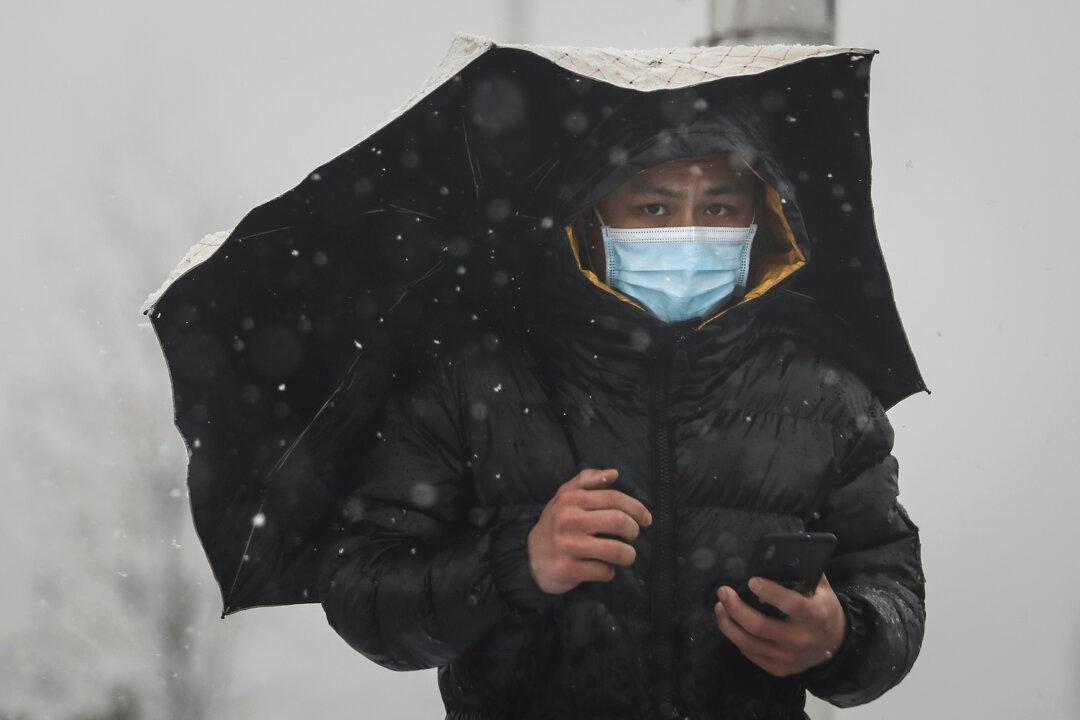Feng Mingqin, a Walmart worker in the coronavirus outbreak epicenter of Wuhan, in central China, had trouble breathing whenever she moved around.
CT scans showed an infection in both of her lungs, and the doctor who diagnosed her with COVID-19 on Feb. 5 told her to seek “immediate hospitalization.”





